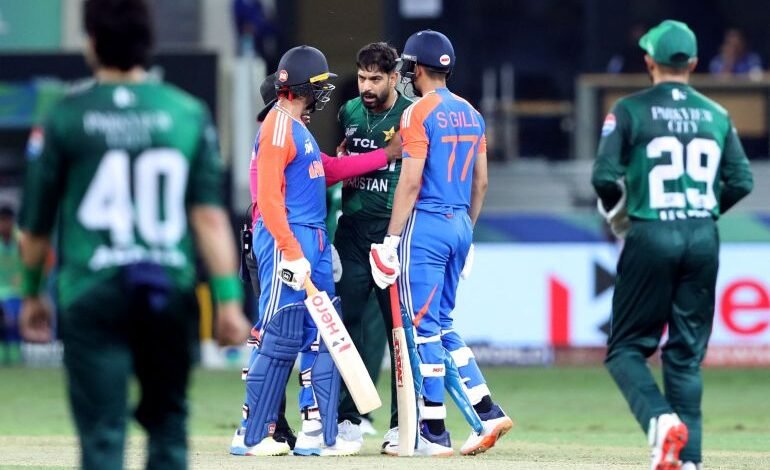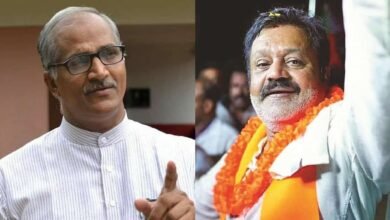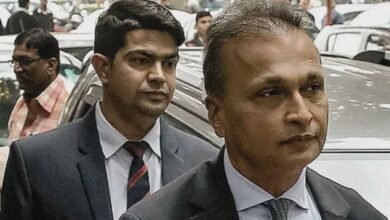
Asia Cup Final: The Month-Long India-Pakistan Rivalry That Exploded On and Off the Field
DUBAI: The rivalry between India and Pakistan has reached an unprecedented and intense peak during the current Asia Cup, with the drama often spilling from the playing field into political and disciplinary territory, setting a highly volatile stage for the historic first-ever final between the two arch-rivals today.
Over the past three weeks, the high-stakes cricket clashes have been overshadowed by a series of off-field controversies, ranging from diplomatic gestures to explicit political messaging, disciplinary action, and a major standoff involving the Pakistan Cricket Board (PCB).
On-Field Dynamics: India’s Dominance
On the field, the balance of power decisively favoured India, who secured victories in both their prior encounters.
- Group Stage Victory: In the group stage match, India defeated Pakistan by seven wickets. The chase was anchored by Suryakumar Yadav, while Kuldeep Yadav starred with the ball, claiming three crucial wickets.
- Super 4 Triumph: The subsequent Super 4s match saw India record their highest-ever T20 chase against Pakistan, successfully hunting down a target of 172. This victory was powered by a blistering 74-run knock from opener Abhishek Sharma.
Off-Field Eruption: A Series of Controversies
Despite India’s on-field ascendancy, it was the behaviour and messaging off the field that grabbed global headlines:
1. The ‘No-Handshake’ Standoff: The tournament was immediately mired in controversy when Indian captain Suryakumar Yadav refused to shake hands with his Pakistani counterpart, Salman Ali Agha, at the toss and after the first match. India maintained this ‘no-handshake’ policy following the second encounter as well, and further escalated the situation by reportedly staying away from the pre-final photoshoot, highlighting the deep rift between the two sides.
2. Political Dedication & PCB Protest: The situation soured further after the first match when Suryakumar dedicated India’s win to the victims of the Pahalgam terror attack, publicly referencing “Operation Sindoor.” The Pakistan Cricket Board viewed this as a clear political message and lodged a formal protest, demanding disciplinary action against the Indian captain for introducing non-cricketing rhetoric into the game.
3. Provocative Gestures: Tension was heightened in the second match by controversial gestures from Pakistani players. After scoring a fifty, batter Sahibzada Farhan mimicked a gunshot with his bat. Later, pacer Haris Rauf made a widely criticized “plane crash” gesture, both of which were interpreted by many as provocative references to past military conflicts.
4. PCB Standoff and Boycotts: Following India’s ‘no-handshake’ stance, the PCB demanded the removal of the match referee. The controversy reached a crucial point when Pakistan threatened to withdraw from the tournament, causing a one-hour delay to their match against UAE as talks were held to appease the board. Furthermore, the Pakistani team has sparsely engaged with the Indian media, resorting to boycotting several press conferences during the Super 4 stage.
Disciplinary Action Taken
The mounting pressure from the International Cricket Council (ICC) and match officials resulted in disciplinary action against key players:
- Suryakumar Yadav and Haris Rauf were both fined 30 percent of their respective match fees for their roles in escalating the controversies.
- Sahibzada Farhan received an official warning for his provocative gesture following his half-century.
As the two teams prepare for their momentous clash in the Asia Cup final, the sporting contest is set to carry the immense weight of the highly charged political and personal battles fought over the last three weeks, promising a finale packed with palpable tension.







